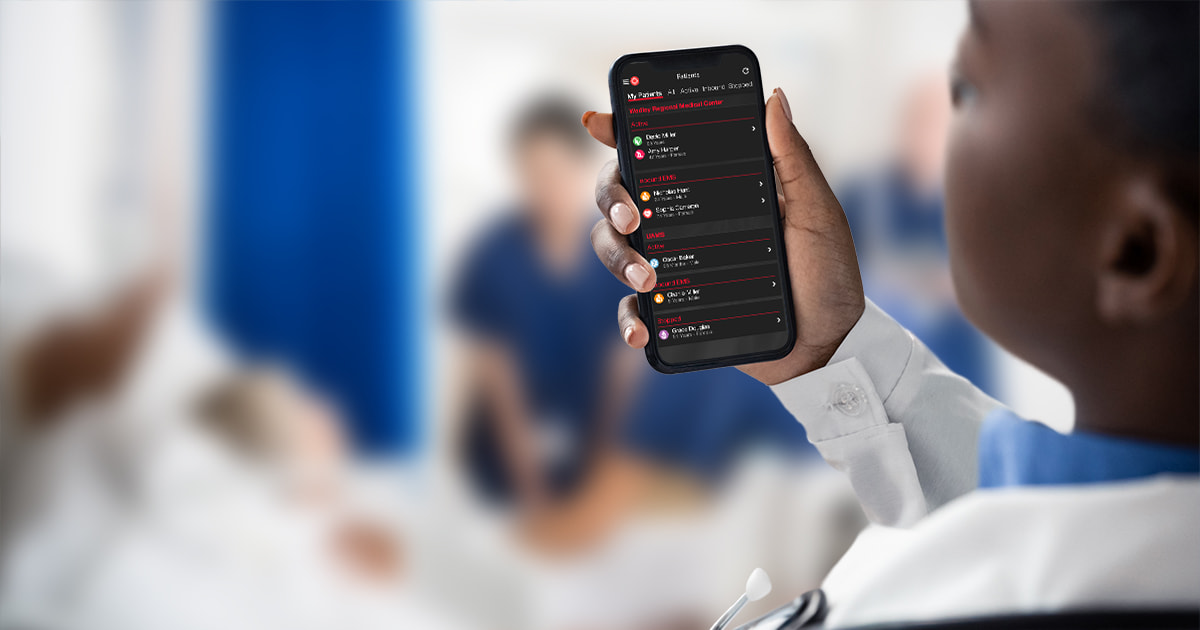5 min read
Navigating Healthcare Technology: How to Recognize Quality Solutions
EDITOR'S NOTE: Special thanks to Kinsie Clarkson (Pulsara's Product Marketing Specialist, 2020-2025) for writing today's blog post. You can connect with her on LinkedIn. __ On any given day,...
